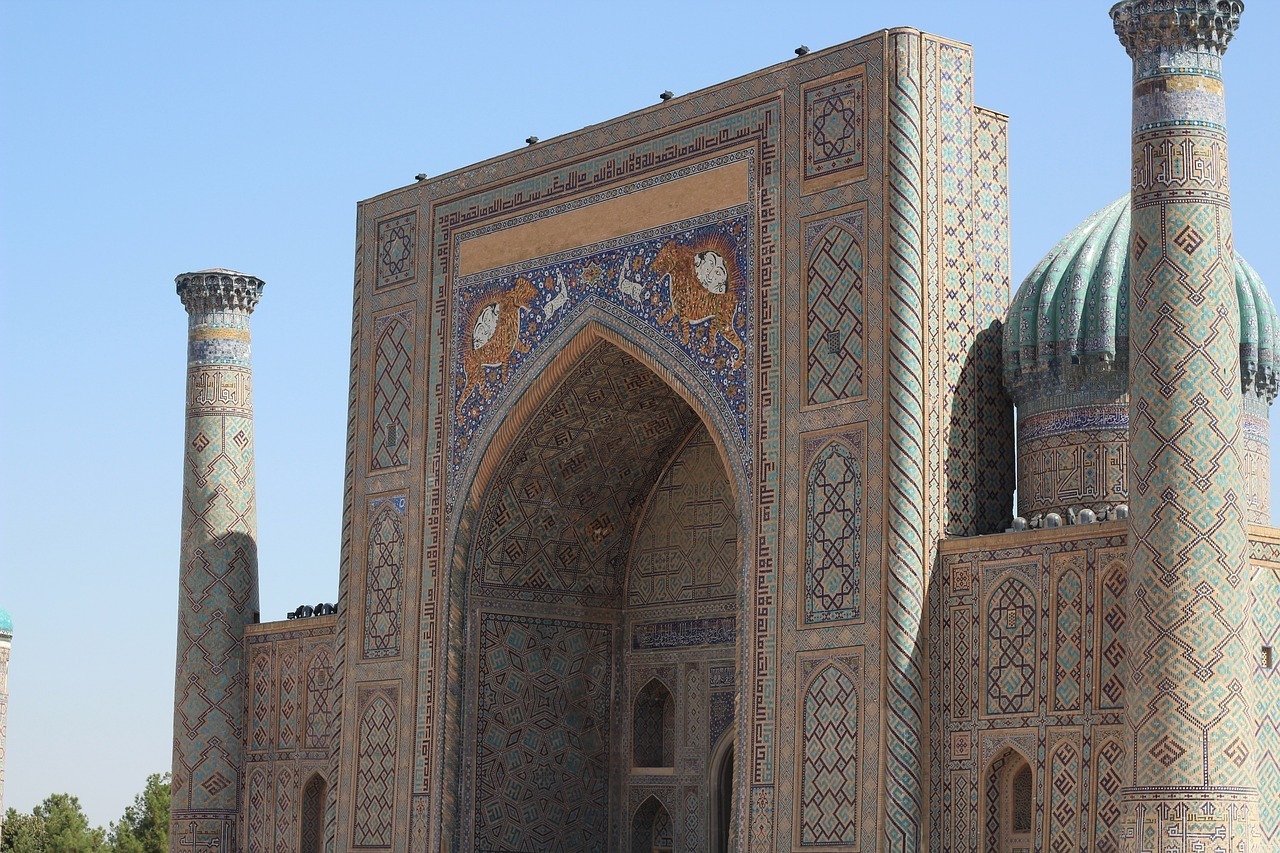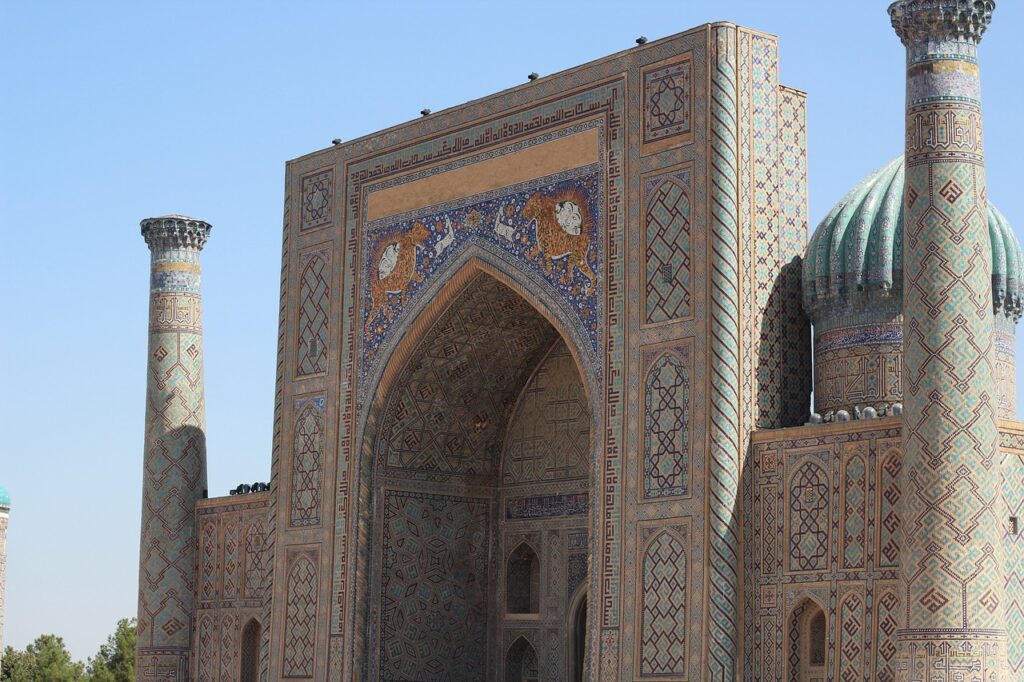The Hanafi Madhhab: Principles and Practices in Islamic
The Hanafi Madhhab: Principles and Practices in Islamic

Introduction:
In the rich tapestry of Islamic jurisprudence, or fiqh, the Hanafi school of thought holds a prominent place. Named after its founder, Imam Abu Hanifa, this madhhab (school of thought) has flourished over centuries, offering a unique approach to understanding and interpreting Islamic law. In this article, we will explore the principles and practices of the Hanafi madhhab, shedding light on its contributions to Islamic scholarship and its relevance in contemporary times.
Historical Context:
Imam Abu Hanifa (may Allah have mercy on him) lived during the formative period of Islamic jurisprudence in the 8th century CE in Kufa, Iraq. Known for his keen intellect, deep knowledge, and piety, Imam Abu Hanifa founded a school of thought that emphasized rationality, flexibility, and the application of analogical reasoning (qiyas) in legal rulings. His disciples, most notably Abu Yusuf and Muhammad al-Shaybani, further developed and codified his teachings, laying the foundation for the Hanafi madhhab.
Principles of the Hanafi Madhhab:
The Hanafi school is characterized by several key principles that guide its approach to fiqh:
Quran and Sunnah: Like other Sunni schools of thought, the Hanafi madhhab derives its rulings from the Quran and the authentic Sunnah (traditions) of the Prophet Muhammad (peace be upon him). However, Hanafi scholars also give importance to consensus (ijma) and analogical reasoning (qiyas) in deriving legal rulings.
Flexibility and Ease: One of the distinguishing features of the Hanafi madhhab is its emphasis on facilitating ease for the believers. Hanafi jurists prioritize maslahah (public interest) and seek to minimize hardship in legal rulings whenever possible.
Preference for Reasoning: Hanafi scholars place a strong emphasis on the use of reasoning (ijtihad) in legal interpretation. They believe in the application of analogical reasoning (qiyas) to derive rulings for new and complex issues not explicitly addressed in the Quran and Sunnah.
Istihsan (Juristic Preference): The principle of istihsan allows Hanafi jurists to prefer one ruling over another based on considerations of public interest, even if it contradicts analogical reasoning or textual evidence.
Book your free trial lesson
Don’t want to go through the translation anymore?
30 free minutes with your qualified Egyptian teacher.
Practical Applications:
In practice, the Hanafi madhhab covers various aspects of daily life, including ritual worship, transactions, family law, and criminal law. Some notable features of the Hanafi school include:
Prayer: The Hanafi madhhab has specific rulings regarding the performance of Salah (prayer), including the number of units (rak’ahs) and the validity of certain actions within the prayer.
Commercial Transactions: Hanafi jurisprudence provides detailed guidelines for business transactions, contracts, and financial transactions, emphasizing fairness, transparency, and mutual consent.
Marriage and Divorce: Hanafi scholars have developed comprehensive rules governing marriage, divorce, and family relations, with a focus on upholding the rights and responsibilities of spouses and safeguarding family stability.
Criminal Law: While not implemented in modern legal systems, the Hanafi madhhab provides principles for criminal law, including punishments for offenses such as theft, adultery, and murder, based on the Quranic injunctions and prophetic traditions.
Conclusion:
The Hanafi madhhab stands as a testament to the diversity and richness of Islamic jurisprudence. Its principles of flexibility, reasoning, and ease have ensured its resilience and relevance across diverse cultural and geographical contexts. By studying the Hanafi school, Muslims can gain a deeper understanding of the nuances of Islamic law and appreciate the dynamic nature of fiqh as it continues to evolve to meet the needs of contemporary society. May Allah grant us wisdom and guidance in our pursuit of knowledge and righteousness. Ameen.
Read more: What is the madhab of Imam Shafi?
Chosen and Trusted by Thousands of Satisfied Learners
Discover the experiences of our delighted clients who have thoroughly enjoyed utilizing this standout feature.
Alhamdulillah I‘m very pleased with the arabic and Qur’an lessons I receive from teacher Umm Tasneem and I‘m also content with the al-dirassa administration team who were very quick in answering any questions I had. In a month I progressed a lot and I cannot wait to continue my studies with al-dirassa. May Allah reward everyone at al-dirassa.
Verified review - view original
My Qur’an teacher is fantastic, she teaches me in a loving and kind way where I look forward to the lessons and learn so much. My Arabic teacher is equally as nice and has a lot of patience with me, she has great expertise in the field and I’ve progressed really quickly with her. Thank you Al-dirassa!
Verified review - view original










